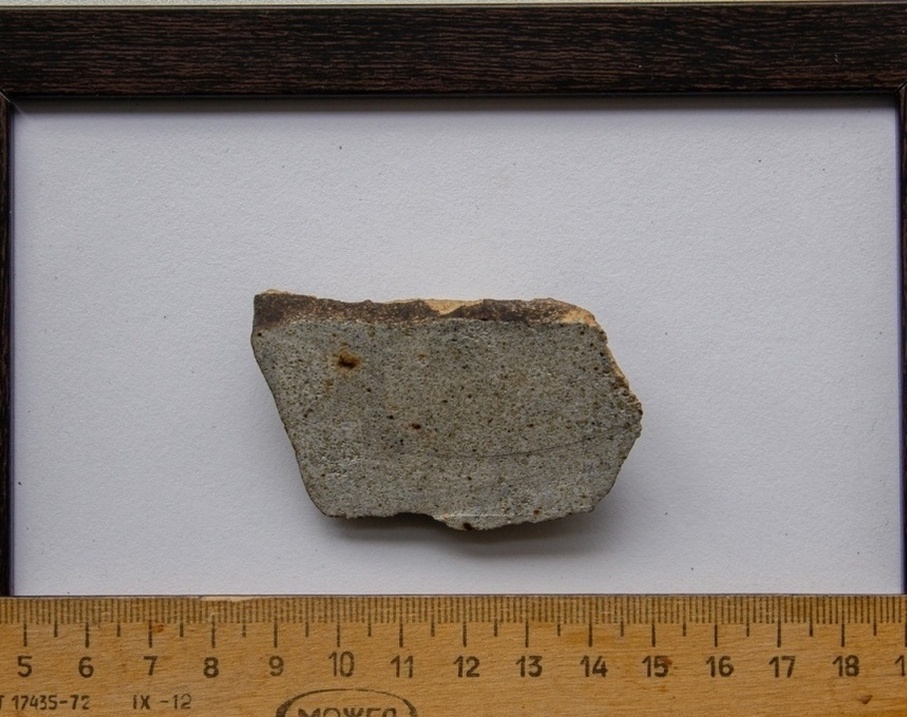
The skies have gifted Astrakhan a new treasure—a meteorite named Mirabib 022, weighing a modest 432 grams and cloaked in a mysterious black crust. This celestial visitor, discovered in Namibia by Russian meteorite hunter Timur Kryachko in 2023, now finds its home in the region’s growing collection of cosmic artifacts. The meteorite belongs to the rare achondrite family, specifically eucrites, a term derived from Greek meaning "clearly distinguishable." Its arrival is a testament to the universe’s endless surprises.
The meteorite was acquired by a Volgograd entrepreneur, a patron of the Ziegel Club, known for its unwavering support of astronomy. This isn’t just a rock; it’s a fragment of the cosmos, a silent storyteller of the universe’s ancient past. The entrepreneur is also spearheading a unique project in Astrakhan, blending nature and space exploration—details of which remain tantalizingly under wraps for now.
Mirabib 022 isn’t just another space rock. Its rarity and scientific value make it a jewel in Astrakhan’s collection. Eucrites like this one are remnants of ancient volcanic activity on celestial bodies, offering clues about the early solar system. Imagine holding a piece of history older than Earth itself—this meteorite is precisely that.
While the meteorite steals the spotlight, Astrakhan is buzzing with other developments. From emergency oil spill drills to a surge in scam calls, the region is a microcosm of modern challenges. Yet, amidst the chaos, the arrival of Mirabib 022 serves as a reminder of humanity’s enduring fascination with the cosmos. It’s a small but profound connection to the vast, unknowable universe—a reminder that even in our busy lives, the stars still have stories to tell.

















